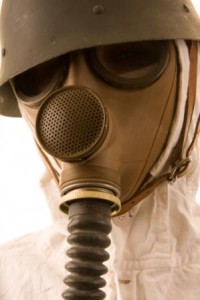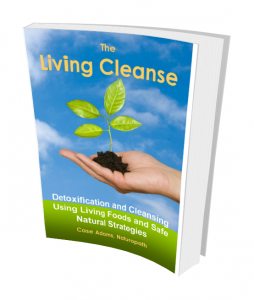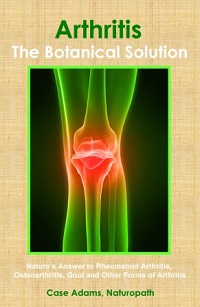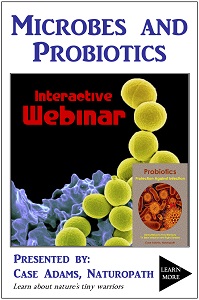Toxins Can Harm Us for Generations
Years ago scientists discovered that stress responses can be passed down over several generations within our genetic information – in a science termed epigenetics. New evidence is revealing that toxic exposures can also affect our grandchildren and their children.
In this article
Toxin effects can also be passed down
Research from Washington State University, Case Western Reserve University School of Medicine, University of Toronto Medical School and the University of Texas have confirmed that ones environment not only affects our genetic information (epigenetics): Exposure to toxins will produce metabolic changes, physiology changes, behavioral changes and cognitive changes two and three generations later.
University of Toronto and Case Western Reserve University researchers have determined that environmental stress will affect ones genes for several generations after the stressor. This precipitated from epidemiological research several decades ago showing that periods of starvation or famine caused metabolic affects in farming families two and three generations later. Now it appears that many other types of stressors, including environmental stress and toxic stress, can affect a family several generations later.
Specific long-term toxins
Another study from Washington State University found that dioxin, plastic compounds like bisphenol A and phthalates, and JP8 – a jet fuel – will produce DNA damage that affects metabolism in rats multiple generations after the initial exposure.
A new study from the University of Texas confirmed this finding by discovering that vinclozolin – a fungicide – also produced DNA damage that affected multiple generations of rats. The research showed that several generations later showed changes in “physiology, behavior, metabolic activity, and transcriptome in discrete brain nuclei in descendant males, causing them to respond differently to chronic restraint stress.”
Consider, for example, these eight toxins often found in children’s bloodstream.
These results are consistent with epidemiology research that shows transgenerational effects caused by environmental and dietary factors can produce diseases such as cancer, heart disease and diabetes several generations later. Even asthma is linked to toxins such as hexavalent chromium.
Now we can add brain damage, behavioral problems and cognitive issues to this list.
Harmful chemical industries
Years ago I was a chemistry major in my premed program. I quickly learned the downside of our chemical industries as I learned how toxic some chemicals can be with exposure.
The bottom line is that these epigenetic environmental stressors are toxins produced by our chemical industrial complex. Our choices are clear: Rethinking our (so far) irresponsible widespread use of synthetic chemicals, or face a widespread breakdown of health among our grandchildren, their children and successive generations – if humans survive that far.
Learn how to avoid toxins and gently cleanse the system:
REFERENCES:
Guerrero-Bosagna C, Skinner MK. Environmentally induced epigenetic transgenerational inheritance of phenotype and disease. Mol Cell Endocrinol. 2012 May 6;354(1-2):3-8.
Crews D, Gillette R, Scarpino SV, Manikkam M, Savenkova MI, Skinner MK. Epigenetic transgenerational inheritance of altered stress responses. Proc Natl Acad Sci U S A. 2012 May 21.
Matthews SG, Phillips DI. Transgenerational inheritance of stress pathology. Exp Neurol. 2012 Jan;233(1):95-101.
Zambrano E. [The transgenerational mechanisms in developmental programming of metabolic diseases]. Rev Invest Clin. 2009 Jan-Feb;61(1):41-52.
Morgan DK, Whitelaw E. The case for transgenerational epigenetic inheritance in humans. Mamm Genome. 2008 Jun;19(6):394-7.



















